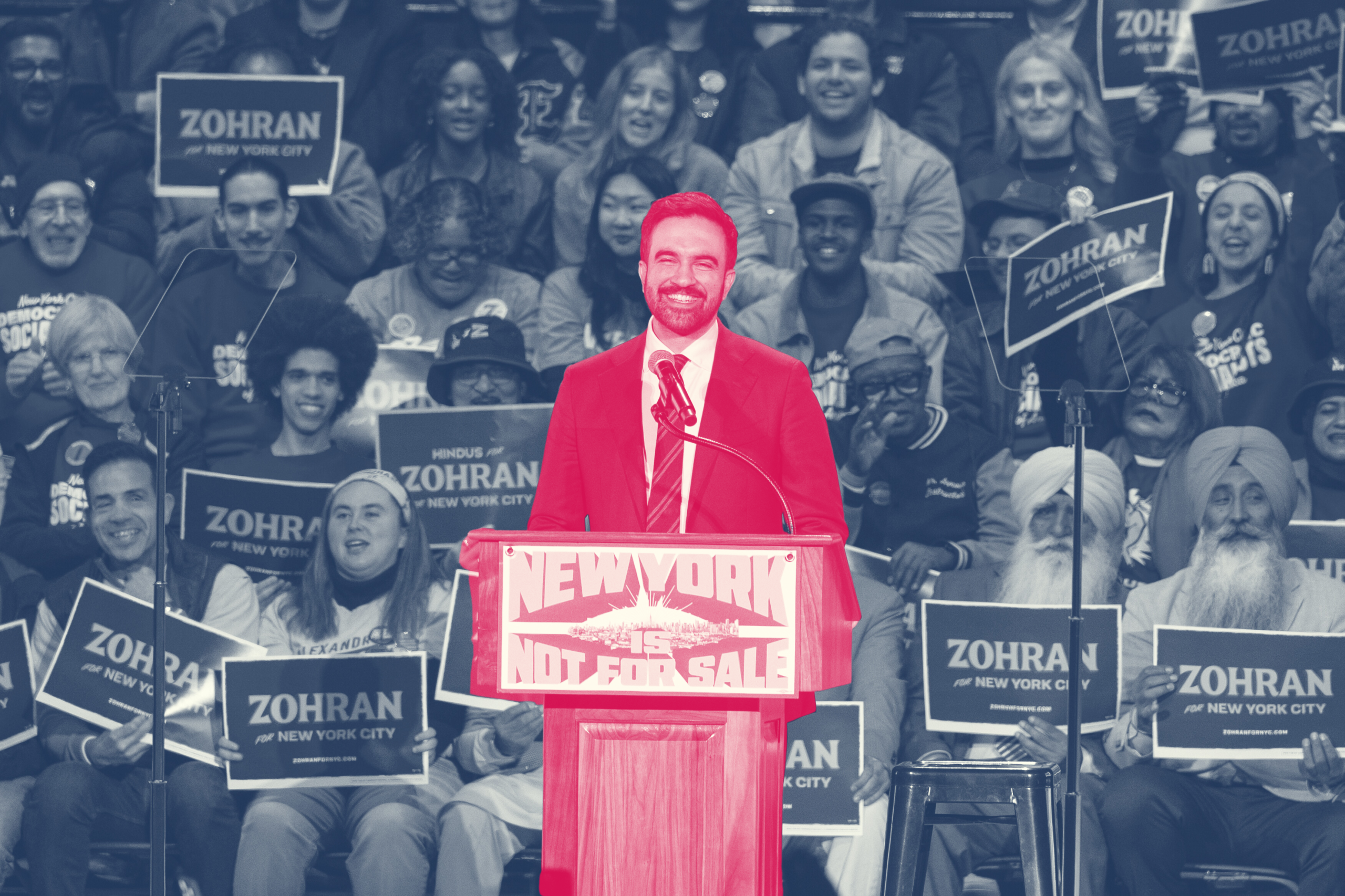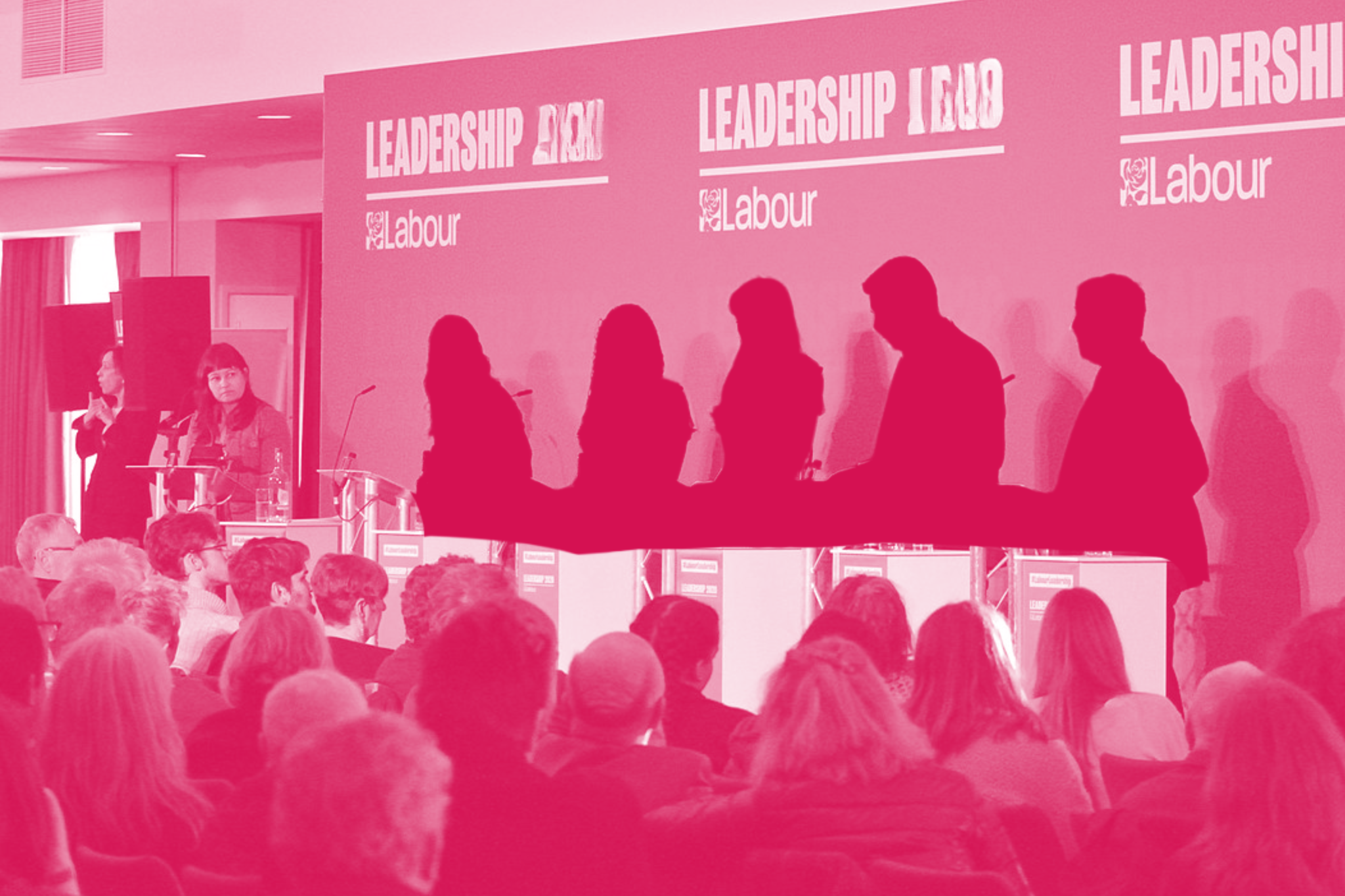

As we find ourselves at the start of a new contest caused by the resignation of Angela Rayner, a contest that pretty much no one either could have anticipated or wanted to happen. Before we answer the question of who should be the deputy leader, it is incredibly important first to establish what we want this deputy leader and the contest to be.
This is the first standalone Deputy Leadership election whilst in government since 1976, and whilst the outcome of it will matter, for a Labour government only a single year into its first mandate in 14 years, it really ought not to.
Back in 1976, the contest had been triggered after the resignation of Edward Short, the incumbent deputy elected under the Wilson premiership. He had failed to obtain a cabinet seat in Jim Callaghan’s first government, and retired to the backbenches as a consequence.
Every other instance in which we have elected a Deputy since has been whilst in opposition, or in conjunction with a leadership election. In the case of concurrent contests, the question over the future ideological direction of the Party was always determined by the leadership election, with the deputy ballot providing the Party an opportunity to elect a second to the principle, perhaps with some of the characteristics to offset and compliment the top team.
In 2007, whilst a deputy leadership contest was the only game in town, the terms of the job the candidates vied to fill were well understood in that Gordon Brown was elected uncontested, and with absolute certainty in the direction he wished to take both the Party and the Government. Stability was the mantra, “He’s not flash, just Gordon” was the motto, with the deputy leadership contest answering implicitly the question of who best to file down some of the sharper corners of the Iron Chancellor.
Today, the context of the contest is very different. A terrible inheritance of crumbling public services because of 14 years of Tory rule. Wars in Europe as well as the Middle East. International financial instability. Populism on the march across the Atlantic and on the continent. Not enough people feel yet that the promised change has yet to happen.
After a single solitary year in government, we must remain clear that true change is secured with focus and persistence. It is entirely understandable that the public are impatient for change, and our goal in government needs to continue to demonstrate in the years ahead of the next general election that we are getting on with the serious business of delivering. We do not yet know what the terms of the next election will be, and it will be many more years until we truly understand the issues over which it will be fought.
Frayed nerves and nervous dispositions within the Parliamentary Labour Party, or in the wider movement need to give way to the stoicism that is required for the difficult times we find ourselves in, and the serious business of government our party has been entrusted with.
There are plenty of people outside the Labour Party who want us to fail and are working around the clock to beat us. It would be a self-inflicted wound for us to engage in a long and introspective period of self-flagellation that elements of our Party seem so keen on drawing out. No one, neither the public nor the party can afford that luxury.
The governments of both Wilson and Callaghan were stymied by constant proxy battles and ideological tussles that found their outlet in an almost constant stream of deputy leadership contests caused by resignations or direct challenges. These headline grabbing distractions played their part in earning us such a long period of the wilderness years. We need to heed the lessons of that era, recognising just how much louder and bombastic modern news and social media can amplify even the smallest of divisions.
Our new deputy leader could be one of many things, reflecting on the very many iterations that have come before. A campaigner in chief, tasked with coordinating our electoral success and boosting the morale of activists across the country. A statesperson of stature, who could deputise for the Prime Minister when required with ease. Someone with the skills and temperament to counterbalance the top of the leadership team with whom Starmer can have total confidence as his number two. There are many iterations and more.
But spending too long on this question will be an indulgence. It will be answered soon enough. Now and beyond October, it needs to remain business as usual.
Peter Mason is Leader of the London Borough of Ealing and a member of the National Executive Committee.
View all posts